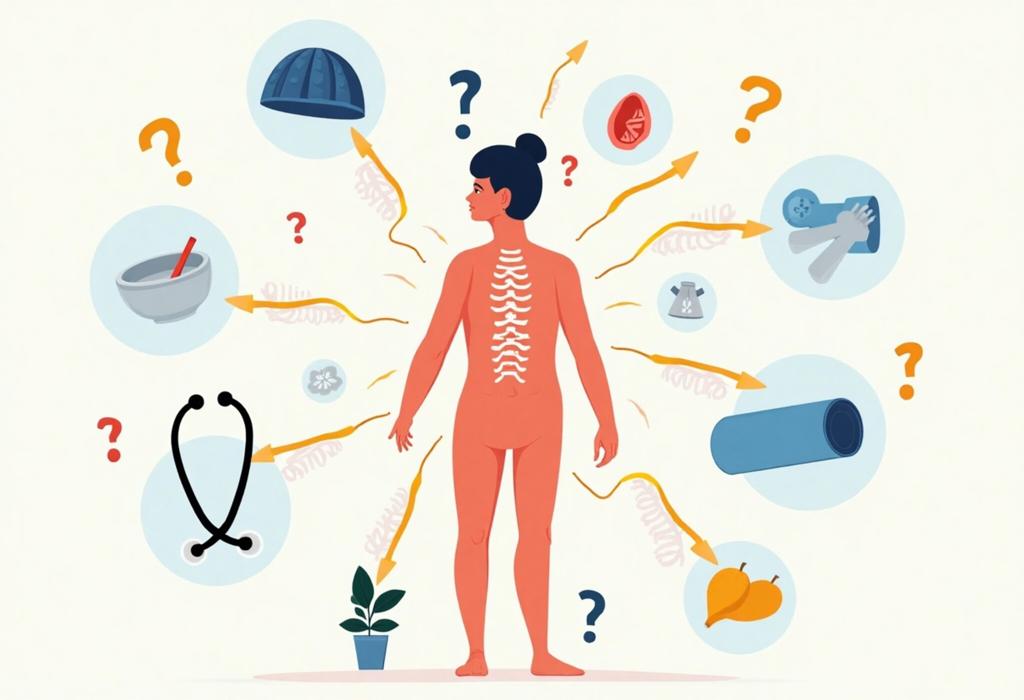For more details on this content, please review the step-by-step guide and frequently asked questions.
Unraveling the Mystery of Persistent Fatigue

Step-by-Step Guide
Understanding Fatigue
Fatigue is more than just feeling tired; it can be a complex condition with physical, emotional, and psychological components. Start by differentiating between normal fatigue, which can arise from physical exertion or stress, and persistent fatigue, which lasts more than six months and interferes with daily functioning.
Identifying Symptoms
Recognize the symptoms of persistent fatigue, which may include extreme tiredness, lack of energy, difficulty concentrating, muscle pain, disrupted sleep patterns, and mood changes. Understanding these symptoms can help in seeking the right treatment.
Exploring Causes
Persistent fatigue can have various causes, from medical conditions (like chronic fatigue syndrome, anemia, or thyroid issues) to psychological factors (such as depression and anxiety). Conduct a thorough review of personal health history and current medications to pinpoint potential causes.
Consulting Healthcare Professionals
Schedule an appointment with a healthcare provider to discuss your symptoms. A thorough medical evaluation may include blood tests, lifestyle assessments, and psychological evaluations to assist in diagnosing the root cause of fatigue.
Implementing Lifestyle Changes
Adopt lifestyle changes that promote energy levels. This could include a balanced diet, regular exercise, proper hydration, and adequate sleep hygiene. Focus on incorporating nutrient-rich foods, setting a regular sleep schedule, and engaging in physical activities that you enjoy.
Considering Psychological Support
If psychological factors are involved, consider therapy or counseling. Cognitive-behavioral therapy (CBT) can be particularly effective in managing symptoms of fatigue associated with stress or depression.
Exploring Alternative Treatments
Some people find relief through alternative treatments such as acupuncture, yoga, mindfulness meditation, or herbal supplements. Explore these options under the guidance of a healthcare professional.
Monitoring Progress
Keep a daily log to monitor your energy levels, activities, and moods. Documenting your experiences can provide insights into what works best for you and help you communicate effectively with your healthcare provider.
Building a Support Network
Connect with friends, family, or support groups who understand what you are going through. Sharing experiences and coping strategies can lighten the emotional burden of persistent fatigue.
Staying Informed and Engaged
Continuously educate yourself about persistent fatigue and stay updated with reputable medical studies. Staying informed helps you advocate for your health and make educated choices.








